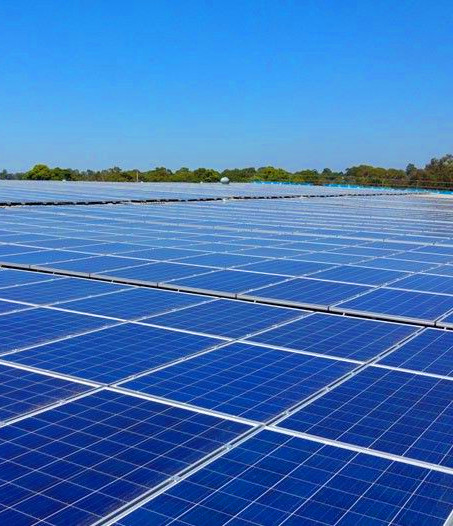Low cost scheme outlined
 Economists have proposed a ‘HECS-for-solar’ scheme to slash power bills and help the climate.
Economists have proposed a ‘HECS-for-solar’ scheme to slash power bills and help the climate.
A new plan has been put to the government ahead of the May budget, that would see the introduction of the 'Electrify Everything Loan Scheme' (EELS).
The scheme envisages providing Australian households with low-cost loans to install solar panels, batteries, and electric appliances, including electric vehicles.
“If the government makes an investment like HECS, it will deliver permanent cost-of-living relief, solve the problem of light vehicle pollution, and propel Australia to the top of the class in climate action,” says economist Saul Griffith, a proponent of the scheme.
The proposal comes at a critical juncture, as Australia grapples with the twin challenges of soaring energy bills and the pressing need to cut emissions.
By offering a HECS-style loan, repayable upon the sale of the property and indexed to inflation, EELS aims to demystify and democratise access to green energy technologies for the average Australian household.
The Coalition and Labor are expected to be monitoring the unfolding discourse, with both parties aware of the political and economic dividends of embracing such a forward-thinking energy policy.
Australia is already leading the charge with 3.7 million solar rooftops, but proponents say the proposed scheme could turbocharge Australia's green transition, offering substantial cost savings to households and positioning Australia as a global leader in household electrification.
Rewiring Australia, the advocacy group spearheaded by Griffith, has conducted extensive macroeconomic modelling to support the proposal.
Their analysis projects a staggering $1.1 trillion in consumer savings by 2050, owing to the aggressive adoption of electrification technologies.
The EELS is the centrepiece of the 2024-2025 Pre-Budget Submission to the Australian Government released by Rewiring Australia.







 Print
Print